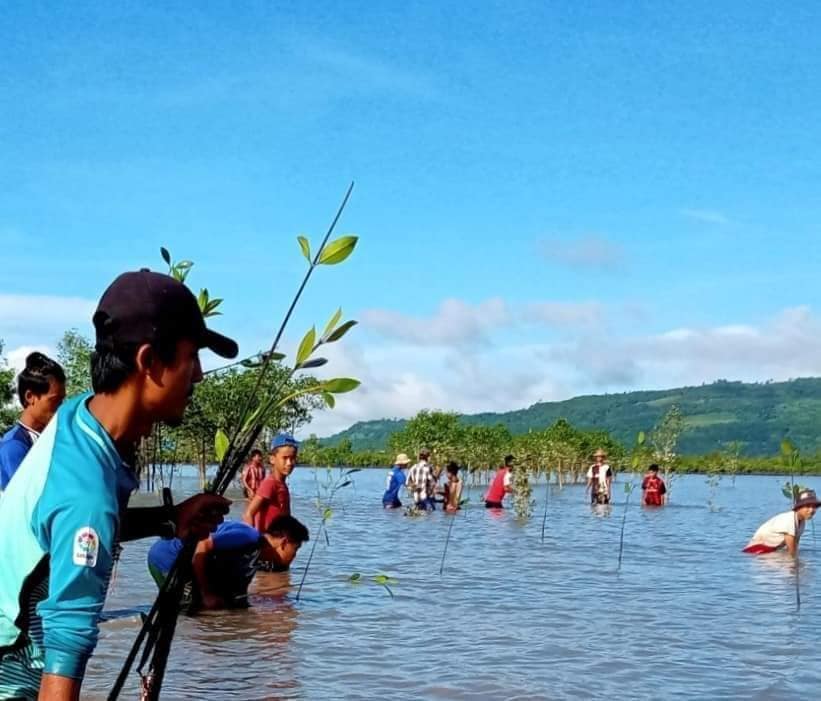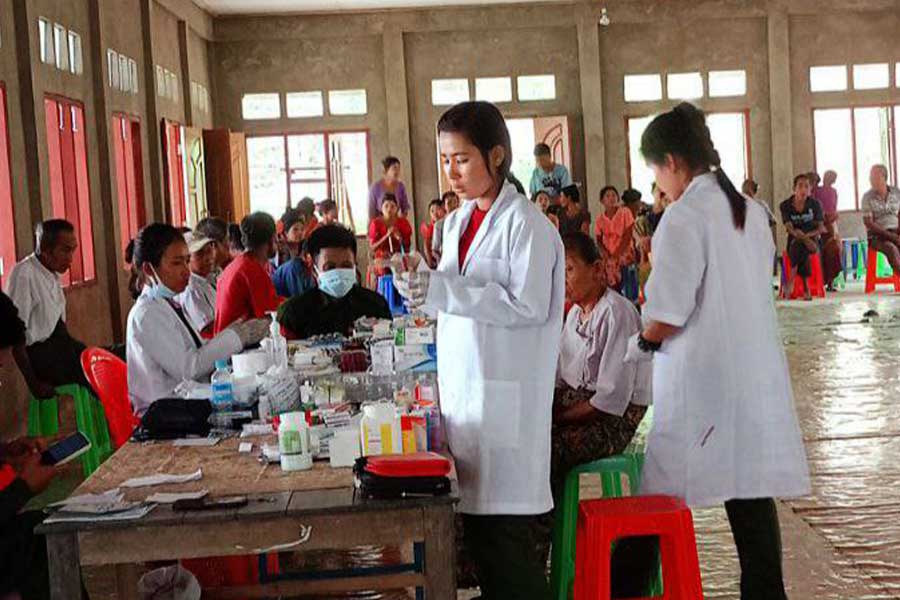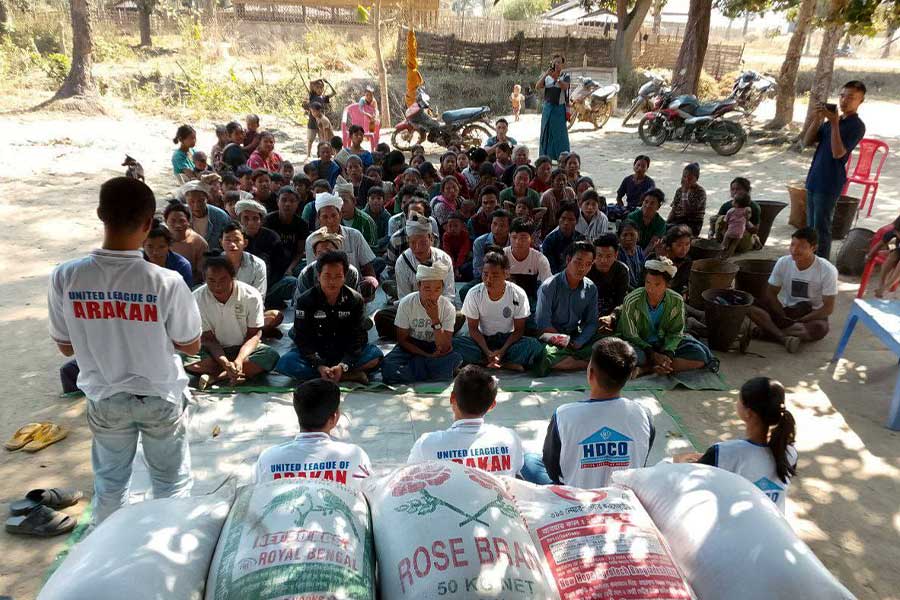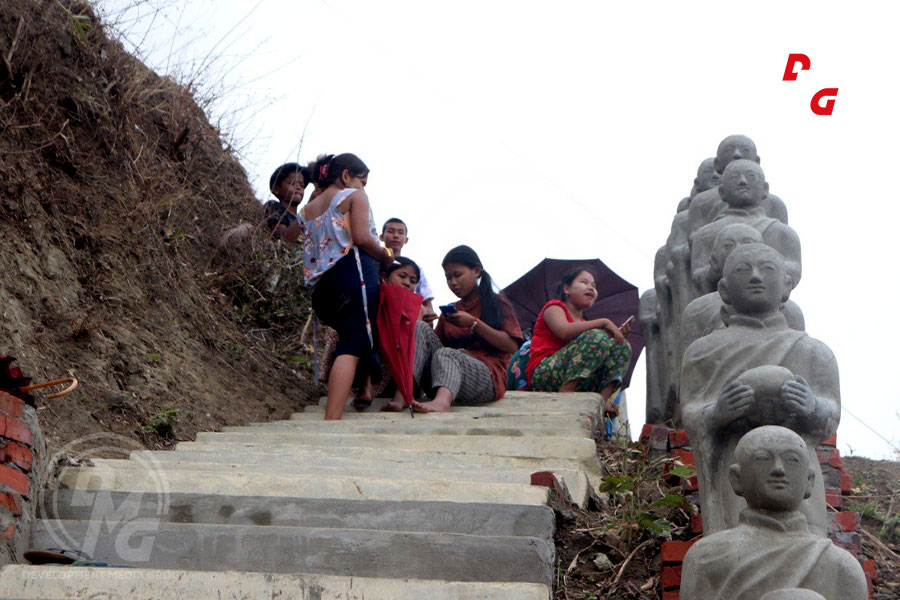- New Diplomatic Movements Between Bangladesh’s New Government and the Arakan Public Administration
- Junta claims over 24 million ballots cast in 2025 poll, cites strong youth turnout
- ULA expands HIV prevention, healthcare services for sex workers in AA-held areas
- Over 600 Mro villagers displaced in Maungdaw amid threats from ARSA, RSO
- Clashes continue in Sittwe as junta reinforces naval, armored deployment
Mangrove forest in Arakan State’s Ann Twsp named after U Ottama
A 200-acre mangrove forest in Ann Township, Arakan State, has been named “Asia Nay Wun Sayadaw U Ottama Reserved Mangrove Forest” in honour of the 82nd anniversary of the death of U Ottama, which was observed on September 9.
10 Sep 2021

DMG Newsroom
10 September 2021, Ann
A 200-acre mangrove forest in Ann Township, Arakan State, has been named “Asia Nay Wun Sayadaw U Ottama Reserved Mangrove Forest” in honour of the 82nd anniversary of the death of U Ottama, which was observed on September 9.
The mangrove forest is located south of Ann town and the name was bequeathed with the approval of local monks and villagers, said Ko Myo Lwin, an environmental activist in Ann Township.
“There was no mangrove forest with the name of the Sayadaw. By doing so, it amounts to conserving the mangrove forest. We did it with the intention that younger generations can know the quality of the Sayadaw and to have a mangrove forest with the name of the Sayadaw,” he told DMG.
Another aim is to allow the fishermen who are working along the riverbank where the mangrove forest grows to pay homage to the Sayadaw, he added.
More mangrove plants were grown on September 9 at the island where the mangrove forest named for U Ottama is located, and a notice was posted to inform the public of the mangrove forest’s story.
A committee to conserve the mangrove forest has also been formed, with about 100 members including monks and villagers from 15 local villages, Ko Myo Lwin said.
Letters were submitted to the United League of Arakan and Arakan Army (ULA/AA) and other relevant authorities on Friday seeking acknowledgement of the mangrove forest, said Ashin Uya Dhamma, Yay Kaung Chain Sayadaw from Thabyu Chaing Island in Ann Township.
“Rare birds and rare wild animals are depending on the mangrove forest. So, we sent letters to the relevant authorities to ask for help from them to conserve aquatic animals. We will grow rare trees. We will prevent the poaching of rare animals,” the monk said.

















